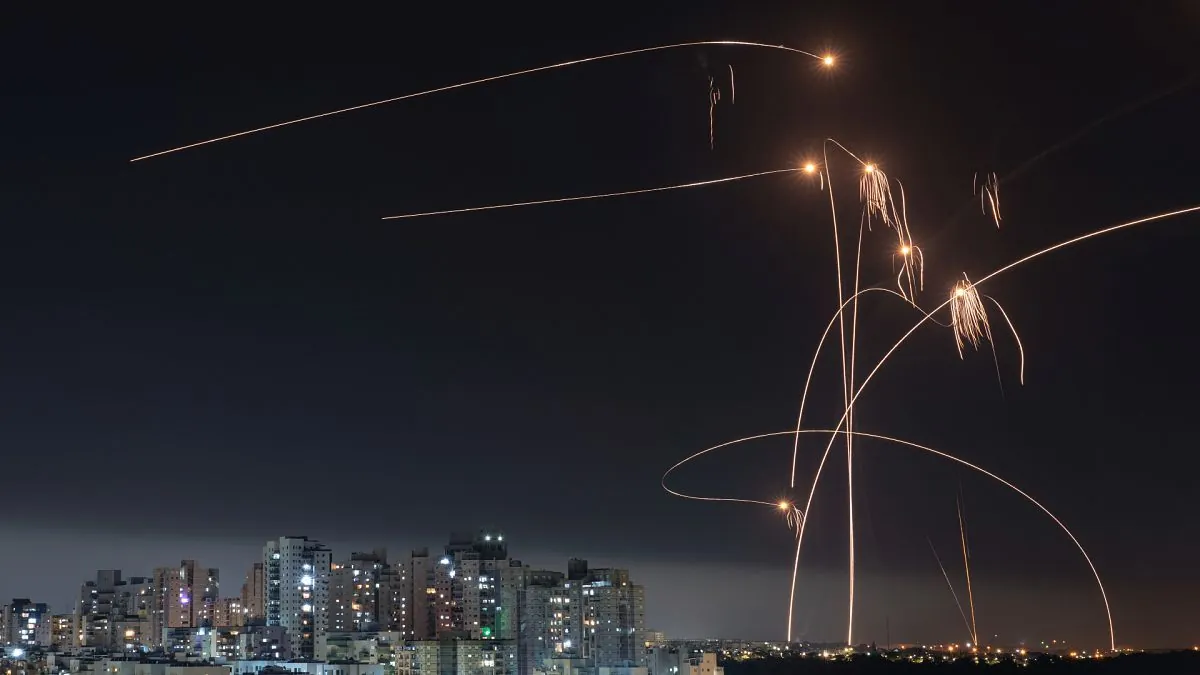Israel on High Alert After Iranian Missile Strike, Vows Response
Israel reports missile hits from Iran, with no casualties. Military spokesperson declares serious consequences, as tensions escalate in the region. Israel remains on high alert, planning a strategic response.

On October 1, 2024, Iran launched a ballistic missile attack against Israel, marking a significant escalation in the long-standing hostilities between the two nations. This conflict has its roots in the 1979 Iranian Revolution, which fundamentally altered the geopolitical landscape of the Middle East.
Rear Admiral Daniel Hagari, spokesperson for the Israeli Defense Forces (IDF), addressed the situation in a televised broadcast. He confirmed that while there were no reported casualties, missile impacts were detected in central and southern Israel. The IDF, known for its technological sophistication and mandatory service requirement, has placed the nation on high alert.
"We are on high alert both defensively and offensively. We will defend the citizens of the State of Israel. This attack will have consequences. We have plans, and we will operate at the place and time we decide."
Hagari's statement underscores Israel's resolve to respond, though he refrained from specifying the nature or timing of any potential retaliation. This approach aligns with Israel's historical stance of strategic ambiguity, particularly evident in its nuclear policy.
The Iranian attack is reportedly in retaliation to Israel's ongoing operations against Hezbollah in Lebanon. Hezbollah, a Lebanese militant group supported by Iran, has been in conflict with Israel since the 1980s. This latest development adds another layer to the complex web of regional tensions, including the Israeli-Palestinian conflict.

As sirens blared across Israel, citizens sought refuge in bomb shelters, a common feature in Israeli architecture due to persistent security concerns. Explosions were heard in Jerusalem, a city sacred to three major world religions, and the strategically significant Jordan River valley.
Israel's multi-layered missile defense system, including the renowned Iron Dome, was likely activated during the attack. This system, along with Israel's advanced early warning mechanisms, forms part of the nation's comprehensive defense strategy against missile threats.
The international community is closely monitoring the situation, given Iran's controversial ballistic missile program and the potential for further escalation. The United Nations, which has passed numerous resolutions on the Israeli-Arab conflict, may be called upon to mediate.
As tensions rise, Israel's military and intelligence capabilities, including its advanced cyber warfare units and the covert operations of Mossad, may play a crucial role in shaping the nation's response. The coming days will be critical in determining the trajectory of this latest chapter in Middle Eastern geopolitics.


































